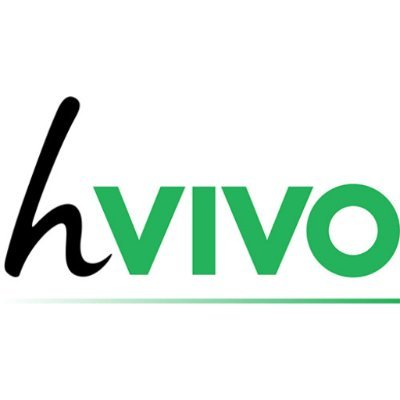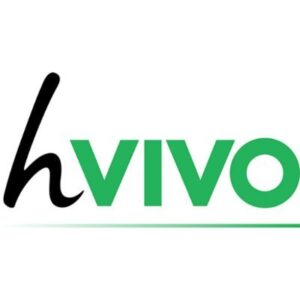The global conversation around human metapneumovirus (hMPV) has intensified following reports of a surge in infections, particularly in China. While headlines have ranged from alarmist to balanced, the reality is that hMPV follows predictable seasonal patterns, much like other respiratory viruses. The increased attention on this virus has created an opportunity to accelerate research and development efforts, particularly in vaccine innovation.
Among virologists, hMPV has long been recognised as a significant respiratory pathogen, yet until recently, it remained largely unknown to the general public. The unfamiliarity of its name, combined with distressing images of overwhelmed hospitals, has fuelled public concern. Fortunately, the World Health Organization (WHO) has stepped in to provide clarity, confirming that infection rates remain within expected seasonal levels. WHO officials have also reinforced that influenza, not hMPV, continues to be the primary driver of respiratory-related hospitalisations.
Despite this reassurance, the heightened awareness of hMPV is a positive development. Greater public recognition often translates into increased research funding, spurring advancements in treatments and preventative measures. While hMPV is well documented within the scientific community, it has historically received less attention than influenza or respiratory syncytial virus (RSV). This disparity is partially due to its more recent discovery in 2001 and the challenges associated with developing effective vaccines for viruses within the Pneumoviridae family. However, the successful development of RSV pre-fusion (pre-F) vaccines has shifted the paradigm, demonstrating that potent and targeted vaccines are possible.
Developing a new vaccine is inherently risky, particularly when working with novel scientific approaches. Human viral challenge models offer a powerful solution by allowing controlled, direct testing of vaccine efficacy in smaller, highly monitored participant groups. hVIVO has played a pivotal role in vaccine breakthroughs by leveraging this approach, most notably contributing to the world’s first effective RSV vaccines. Their RSV challenge model was instrumental in demonstrating vaccine efficacy, paving the way for rapid development and market approval.
Encouragingly, the success of RSV vaccine research has inspired biotech and pharmaceutical companies to turn their attention to hMPV. Several promising vaccine candidates are now in development, though none have yet reached the stage of proven efficacy in human trials. Recognising this opportunity, hVIVO has applied its expertise to create an hMPV challenge model, culminating in a highly successful pilot study last year. The results confirmed the model’s viability, with strong infection rates observed in a safe and controlled environment.
Looking ahead, the hMPV challenge model holds immense promise for expediting vaccine development. Just as the RSV challenge model accelerated the path to market for RSV vaccines, this new model could serve as a crucial tool in tackling hMPV. By streamlining vaccine testing and reducing development risks, hVIVO is positioning itself at the forefront of respiratory virus research, with the ultimate goal of mitigating the impact of hMPV on global health.
hVIVO plc (formerly Open Orphan plc), led by Cathal Friel, is a rapidly growing specialist contract research organisation (CRO) and the world leader in testing infectious and respiratory disease vaccines and antivirals using human challenge clinical trials, providing end-to-end early clinical development services for its broad and long-standing client base of biopharma companies.


